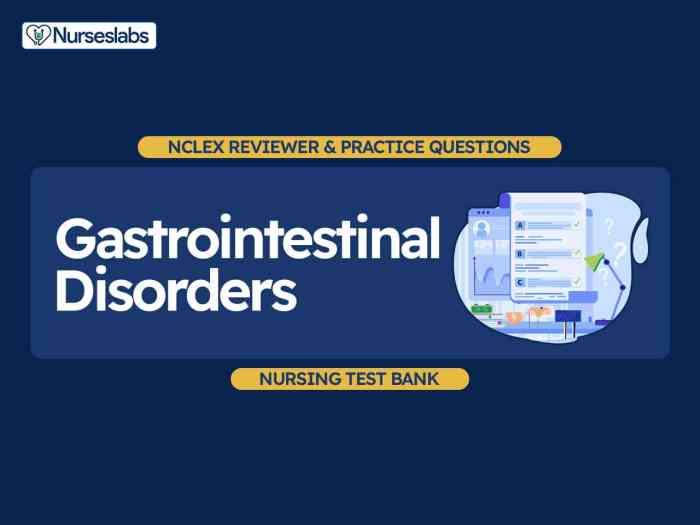Nclex questions on liver cirrhosis – Delving into the intricacies of liver cirrhosis, this comprehensive guide equips you with the knowledge and strategies to excel in NCLEX questions on this complex condition. Embark on a journey of understanding its definition, causes, clinical manifestations, management, and nursing care.
Understanding the pathophysiology and clinical presentation of liver cirrhosis is crucial for accurate diagnosis and effective patient management. This guide provides a thorough overview of the disease, empowering you with the insights necessary for success in NCLEX examinations.
Liver Cirrhosis Overview: Nclex Questions On Liver Cirrhosis

Liver cirrhosis is a chronic liver disease characterized by the replacement of healthy liver tissue with scar tissue. This scarring process, known as fibrosis, occurs in response to chronic liver damage and inflammation, leading to a progressive decline in liver function.
Causes of Liver Cirrhosis
- Chronic alcohol abuse
- Hepatitis B and C viruses
- Non-alcoholic fatty liver disease (NAFLD)
- Autoimmune hepatitis
- Primary biliary cholangitis
- Primary sclerosing cholangitis
- Other liver diseases, such as hemochromatosis and Wilson’s disease
Stages of Liver Cirrhosis, Nclex questions on liver cirrhosis
- Compensated cirrhosis:Liver function is relatively preserved, and there are few or no symptoms.
- Decompensated cirrhosis:Liver function is impaired, and complications such as ascites, encephalopathy, and variceal bleeding may develop.
- End-stage liver disease:Liver failure occurs, and the patient requires liver transplantation to survive.
Risk Factors and Complications
- Risk factors:Heavy alcohol use, obesity, diabetes, hepatitis viruses, autoimmune disorders
- Complications:Ascites, encephalopathy, variceal bleeding, hepatorenal syndrome, hepatocellular carcinoma
FAQ
What are the key risk factors for developing liver cirrhosis?
Chronic alcohol consumption, chronic hepatitis B or C infection, non-alcoholic fatty liver disease, and autoimmune disorders are major risk factors for liver cirrhosis.
What are the common symptoms of liver cirrhosis?
Fatigue, weakness, abdominal pain, swelling in the legs and abdomen, easy bruising or bleeding, and jaundice are common symptoms of liver cirrhosis.
What are the nursing interventions for managing complications of liver cirrhosis?
Nursing interventions include monitoring for and managing complications such as ascites, hepatic encephalopathy, variceal bleeding, and hepatorenal syndrome.

